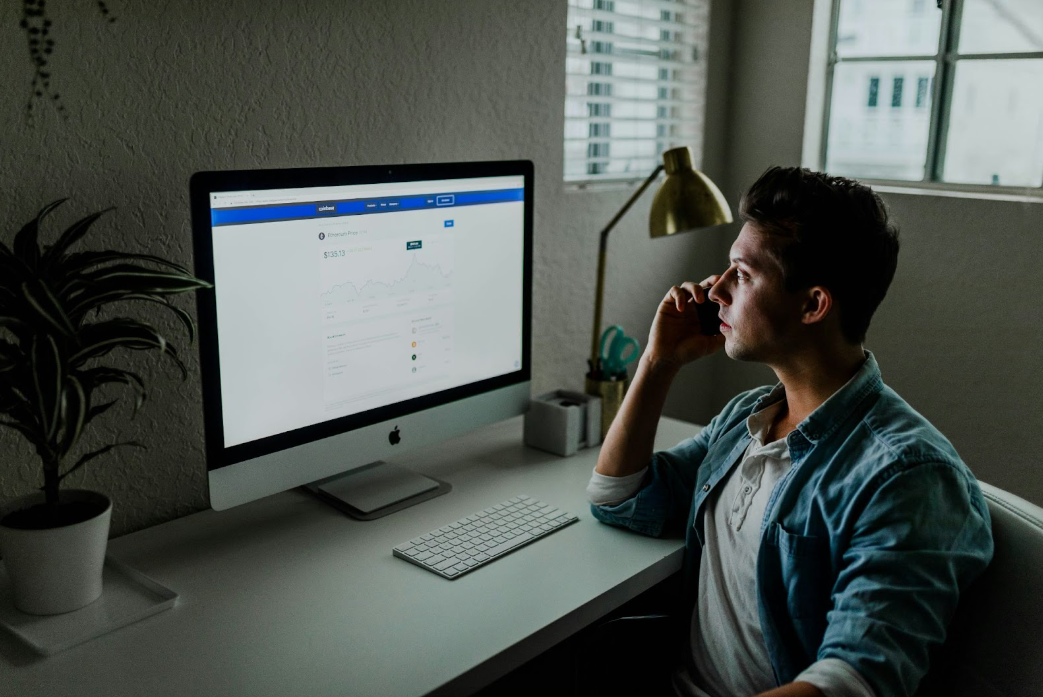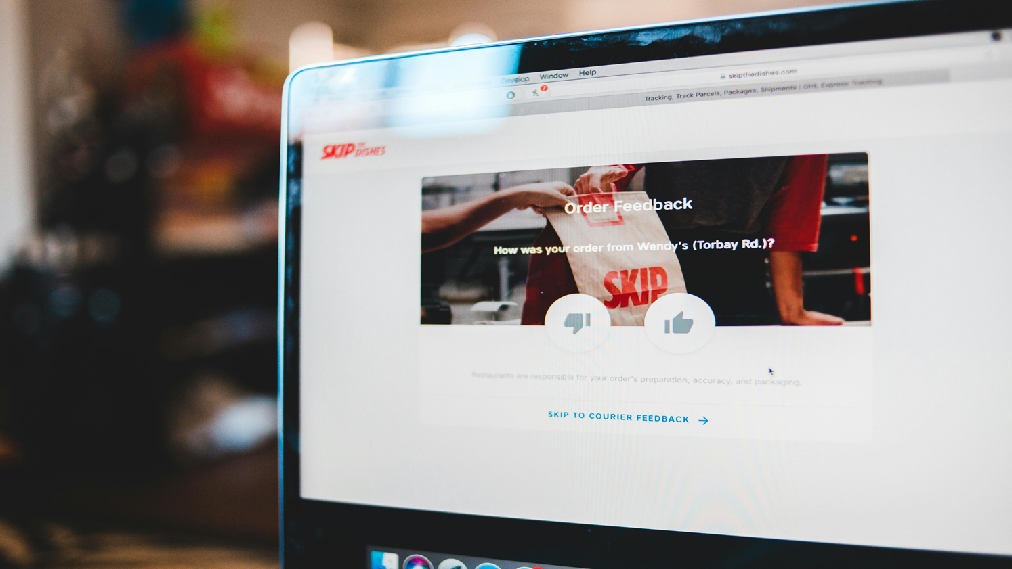Top 5 Reasons to Focus on SaaS Security
Many companies rely on SaaS solutions to streamline workflows and communicate with each other when developing a project. However, although SaaS platforms are very intuitive and efficient, there are security concerns to consider. Let’s dive in.
Here’s Why You Should Secure Your SaaS Platforms

According to research, the yearly average cost of cybercrime is predicted to hit more than $23 trillion in 2027, up from $8.4 trillion in 2022. Software-as-a-service platforms aren’t the exception to these threats. Cyberthreats continue to evolve, but businesses need to prioritize their SaaS security and maintain both their data and operational integrity.
Here’s some advice on which measures to take for your SaaS security.
1. Protecting Sensitive Information
SaaS apps tend to handle a lot of private information, including things like:
- Customer data;
- Financial records;
- Intellectual property.
If you don’t set up strong security measures, the data will be stolen by cybercriminals as soon as they get access to your passwords and accounts.
The SaaS industry has increased in size by around 500% over the past seven years, and cybercriminals are aware of the human factor when they attack one platform or another. Set up regular security audits to help strengthen your defenses against these ever-evolving threats, and invest in preserving the trust of both your customers and stakeholders.
When you have the right priorities, many problems are solved before they even become issues in the first place. Stay proactive because not every threat is the same, and keep yourself informed of the latest changes in the cybersecurity field.
2. Managing Security Risks
Every SaaS application has its own set of risks, from software vulnerabilities to human error, as we mentioned before. Handling data is a delicate business, and anyone can make a mistake. Fortunately, when you make SaaS security your top priority, you can identify and deal with these risks before you have to face the cost of successful cyberattacks.
Implement strong security protocols, use web vulnerability scanners and regular assessments to stop vulnerabilities and prevent incidents. Here are a few actions you can take:
Monitor user activities. You can do it by keeping a record of their logging and the stuff they do on the platform. Set up some filters to spot suspicious activity and thwart unauthorized access attempts.
Educate your employees on the basics of cybersecurity. Many people don’t even know how to create a strong password, and that’s the first line of defense against a threat.
Have an incident response plan ready for when things go south. If a cyberattack is successful, make sure that it doesn’t become a catastrophe.
3. Ensuring Regulatory Compliance

Business environments are being increasingly regulated, so adhering to compliance standards is a non-negotiable these days. Industries like finance and healthcare have strict regulations in place to protect their sensitive data, and you should as well.
By prioritizing SaaS security, you can comply with regulations such as GDPR and HIPAA, avoiding the penalties that come from infringing them. Besides, security breaches can also sink your reputation and create distrust among your customers.
Make sure to fortify your SaaS security measures with a strong VPN, and you can even take advantage of VPN trials to find out the one that helps you the most.
4. Safeguarding The Continuity Of Your Business
SaaS apps have become fundamental in day-to-day business operations, and if these platforms are compromised, the consequences can be severe. Data breaches and system outages can cause productivity losses and even damage the relationship with your customers.
In fact, despite presenting a high or medium level of risk, over 89% of third-party apps connected to Google Workspace can access confidential SaaS data, which means that people aren’t taking these platforms as seriously as they should.
When you implement measures like data backups, disaster recovery plans, and even access control, you get to keep your business safe despite catastrophic circumstances.
Even better, find and collaborate with trusted cybersecurity experts to make sure that your SaaS apps are updated and remain strong against new cyberthreats.
5. Preserving Your Reputation

Our digital accounts today store a lot of confidential information, but one thing remains true: a company’s reputation precedes it. A single security breach can erode this trust and even turn your customers against you. The financial repercussions can be dire.
Prioritize SaaS security and commit your company to protecting everyone’s data, not just your customers.
This way, you’ll also be upholding ethical business practices. It can even give you a well-deserved edge over your competitors, who might not be aware of how important it is to keep their business safe online. When you know it, you have a duty to your employees and your clients alike.
Conclusion
When you prioritize SaaS security, you’re protecting the integrity, resilience, and reputation of your business; you’re not only protecting money or data. Don’t skip the importance of these measures, and make sure to mitigate risks, now and in the future. Your long-term success might depend on what you do right now.






